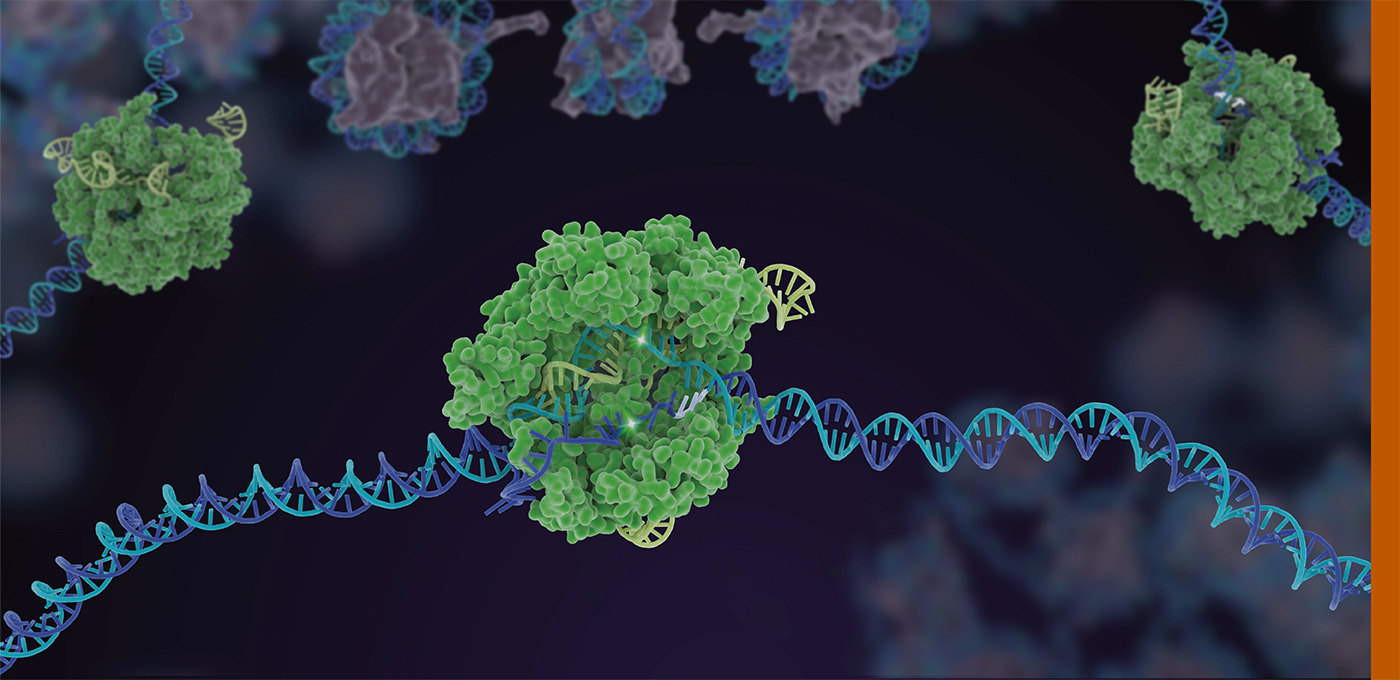We will change the world in our pursuits of transformative research.
Texas is uniquely poised to address some of the world's greatest challenges in energy and the environment, health and wellbeing and technology and society. With our support, our faculty can take advantage of the synergy between Texas and their potential research impact. Initiatives in this area involve:
9. Leveraging what is uniquely possible as Texas’s flagship institution
9.1 Understanding and Preserving Unique Biodiversity in Texas and Beyond
- Researchers are seeking to create knowledge that leads to healthier lives through more sustainable and resilient sources of food, water and energy and world-changing scientific breakthroughs that promote the vibrancy of Texas and our planet.
9.2 Propelling Research Advances with the Machine Learning Lab
- Machine learning harnesses technology-driven systems for artificial intelligence able to learn from real-world experience and make predictions in complex environments, relevant to many research areas. UT Austin is a world leader in related research and home to the National Science Foundation-funded Institute for the Foundations of Machine Learning based within the MLL.
9.3 Exploring the Universe and its Beginnings
- UT Austin is a founding partner in the Giant Magellan Telescope, which will be the largest land-based telescope ever created, enabling a new era of discovery. Researchers at UT Austin are likewise involved in international research consortia and efforts pertaining to gravitation and exploration of the cosmos in areas such as dark matter and dark energy, including through the Hobby-Eberly Telescope Dark Energy Experiment (HET-DEX).
9.4 Investigating Opportunities for New Materials
- With support from the National Science Foundation and in partnership with the Cockrell School of Engineering, chemists, physicists and molecular bioscientists are conducting cutting-edge research relevant for the development of new materials that can play a role in new technologies and the clean energy revolution ahead.
9.5 Pursuing Insights in Computational Health and Medicine
- Big data, artificial intelligence and computational science are transforming health and medicine, changing the way diseases are understood, diagnosed and treated. Faculty in Texas computing, data science and the Oden Institute partner with life sciences researchers in Dell Medical and Natural Sciences to develop new tools and techniques to improve health outcomes for patients and communities.
9.6 Working towards New Therapeutics and Vaccines through Texas Biologics
- Texas Biologics builds on UT Austin’s long history of success in protein therapeutics, by bringing together researchers in the College of Natural Sciences and Cockrell School of Engineering with cross-disciplinary strengths related to the discovery, development and clinical translation of related medicines and treatments. This effort will leverage the structural biology capabilities of the Sauer Lab, the college's cryo-electron microscopy facility.
KEY UPDATES AND PRIORITIES FOR 2022-2023
-
Giant Magellan Telescope construction accelerated with new commitments: The University of Texas at Austin is investing an additional $45 million in the GMT, the world’s most powerful telescope. This additional funding brings the university’s total commitment to $110.3 million.
-
Texas Biologics has formally launched: Over the summer, it distributed its initial set of four grant awards to support faculty and other researchers across campus. With $5.7 million in initial seed funding, the initiative establishes UT Austin’s one of the fastest-growing pharmaceutical sectors, representing over 26% of the new drugs approved in 2020.
9.1-9.4 build upon work underway in the college, while 9.5 and 9.6 represent newer priorities.
The College of Natural Sciences must provide strategic support of our faculty as they advance bold research and tackle society's greatest challenges. The college continues to implement the CNS Master Space Plan for facilities development. In addition, we aim for:
10. Supporting our researchers to help foster first-class scientific discovery
10.1 Advance Higher-Risk/Higher-Reward Research with Spark Grants
- CNS Spark Grants is a new internal funding mechanism open to associate professors who seek to explore new research questions or experimental approaches. The goal is to support new ideas that are typically too early-stage in their development to be appropriate for routine funding opportunities, encouraging high-risk/high-reward projects of many stripes, from developing new methods to gathering preliminary data for new vanguards in research.
10.2 Continue Interdisciplinary Research Projects Supported by CNS Catalyst Grants
- The CNS Catalyst Grant program is a College of Natural Sciences (CNS) internal funding mechanism meant to inspire interdisciplinary research collaborations that will seed efforts to secure external funding.
10.3 Introduce New Proto Center Competitions
- CNS is exploring the idea of creating a college-wide annual competition for new centers to support innovative interdisciplinary research. Proto Centers will be launched with college funding for a finite amount of time. This program would create regenerating support structures at the intersection of multiple disciplines and foster cutting-edge discovery.
KEY UPDATES AND PRIORITIES FOR 2022-2023
-
The first Spark Grants have been awarded: Out of 17 applications received, six faculty members were selected for four-year grants totaling $1.2 million (i.e., $200,000 each). The faculty members in the first cohort of grantees hail from multiple disciplines including chemistry, molecular biosciences and astronomy.
10.1-10.2 build upon work underway in the college, while 10.3 represents a newer priority.















